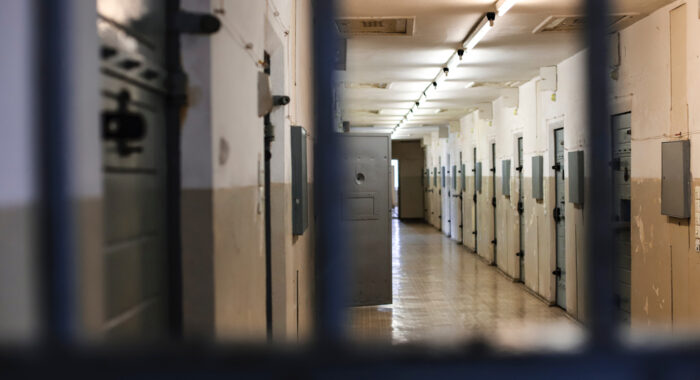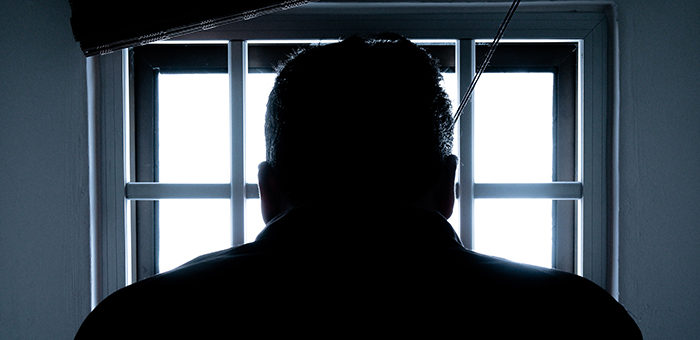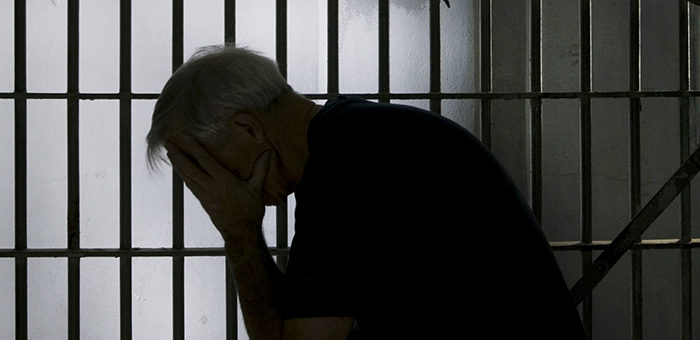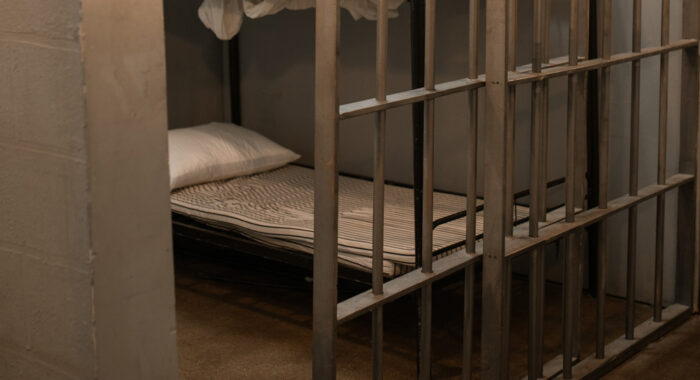
Ninety-five percent of those incarcerated in state prisons will be released to re-enter society. Yet those placed in solitary confinement do not have access to human interaction or transitional programs. Additionally, several studies on solitary confinement have discovered it is psychologically harmful to inmates. Galen Carey, Vice President for Government Relations, submitted a statement to the Senate Judiciary Committee and Subcommittee on the Constitution, Civil Rights, and Human Rights, urging them to promote the human dignity of every prisoner while ensuring prison security.
The National Association of Evangelicals (NAE), representing 40 denominations with 45,000 congregations, as well as evangelical organizations, schools, and ministries with millions of constituents, commends Chairman Durbin, Ranking Member Graham, and the Subcommittee members for holding this important hearing on solitary confinement.
The NAE has long advocated for the humane treatment of prisoners. We recognize that all people, including prisoners, are created in God’s image and must therefore be treated with human dignity (Genesis 1:27). Fifteen years ago the NAE issued a resolution titled “The Church’s Responsibility to Prisoners.”[1] This statement, which continues to guide evangelical engagement in prison ministry, recognizes that prisoners are human beings with the capacity for emotional and spiritual growth and transformation.
“Incarcerated believers who make up the ‘church-behind-the-walls’ have the same need as believers in the ‘outside world’ for instruction, for living by example, and for being equipped to do ministry. Local churches can play an important role not only in sharing the gospel with incarcerated non-believers, but also in supporting, teaching and equipping saints in the incarcerated church for ministry in their environment.”[2]
Evangelicals embrace the biblical mandate to visit those who are in prison. Jesus taught his followers that when we visit prisoners, we minister to Christ himself (Matthew 25:36). Through our prison ministries, we bring encouragement to prisoners and their families, and promote rehabilitation and reconciliation.
A substantial body of research indicates that prolonged solitary confinement is psychologically harmful to inmates.[3,4] Most prisoners come from troubled backgrounds and experience further trauma due to the prison experience. Since most prisoners will one day be released into society, it is in everyone’s interest to minimize further damage to the human spirit and to maximize opportunities for rehabilitation. Solitary confinement precludes prisoner access to most educational and social programs aiming at preparing inmates for reentry.
External volunteers can also play an important role in prisoner rehabilitation. Prisons that adopt widespread use of solitary confinement, whether for punishment or for protection, limit volunteer access to those who are behind bars. This is counterproductive and wasteful of both human and financial resources.
We recognize the terrible toll caused by sexual violence in America’s prisons. The NAE strongly advocated for the Prison Rape Elimination Act and continues to push for implementation of the recently promulgated standards aimed at fully protecting all prisoners and detainees from rape and sexual abuse. However, solitary confinement as a protective strategy should be used only in rare circumstances and for short periods of time. It should never be the default option.
We understand that some prisoners are prone to violence and must be carefully watched. Wherever possible, this should be done in a way that does not rely on solitary confinement. There is no substitute for effective prison administration that combines security with respect for human dignity.
Prison violence is affected by overcrowding. Overcrowding limits access to recreation, religious services, and other activities that promote rehabilitation, while exacerbating tensions. As the Subcommittee explores potential legislative remedies to the overuse of solitary confinement, please also consider sentencing reforms, including appropriate use of alternatives to incarceration, that could address overcrowding without requiring the construction of additional facilities.[5]
Evangelicals believe that human beings were created to live in community. Friendship and social engagement are basic human needs, not optional extras. In our nation’s best prisons, inmates have the opportunity to work, study and prepare themselves for the day when they are given a second chance to establish healthy, productive lives in the community.
Please be assured of our prayers as you consider new federal standards on the use of solitary confinement that promote humane treatment of prisoners while improving security in our communities by maximizing the prospects for effective prisoner rehabilitation and reentry.
[1] The Church’s Responsibility to Prisoners 1997, National Association of Evangelicals.
[2] Ibid.
[3] Stuart Grassian and Nancy Friedman, “Effects of Sensory Deprivation in Psychiatric Seclusion and Solitary Confinement,” International Journal of Law and Psychiatry (1986), 49.
[4] Craig Haney, “Mental Health Issues in Long-Term Solitary and ‘Supermax’ Confinement,” Crime and Delinquency (2003), 124.
[5] Sentencing Reform 1983, National Association of Evangelicals.



 View All Updates
View All Updates 














